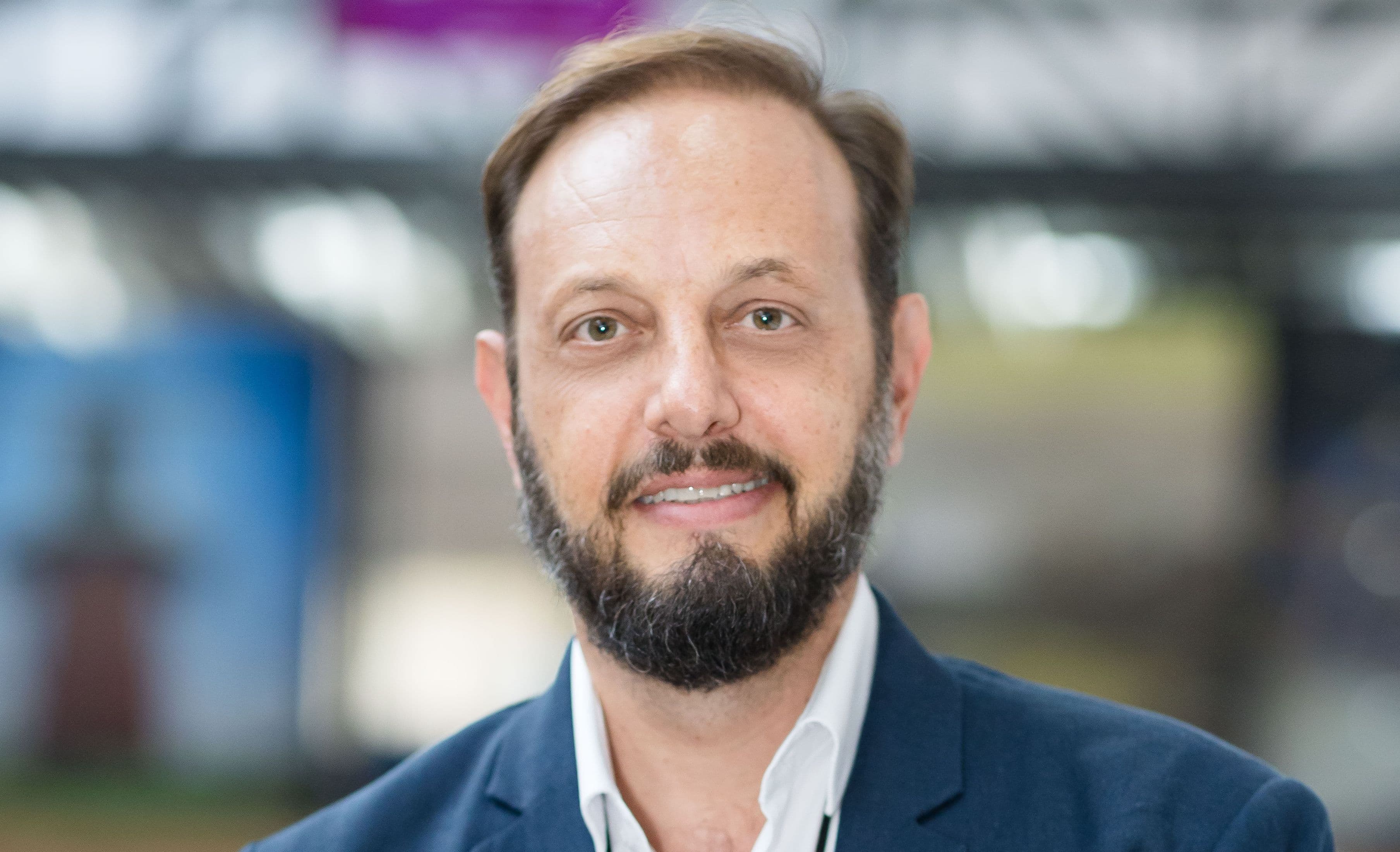
27/05/2025
From plan to practice: Brazil's path to a Circular Economy
*Flávio de Miranda Ribeiro, Ambassador of the Circular Movement
On May 8, the National Circular Economy Forum unanimously approved the National Circular Economy Plan (Planec), a key milestone for advancing the topic in Brazil. This development adds to a series of other important events, such as the hosting of the WCEF – World Circular Economy Forum in São Paulo, which contribute to what we have been calling the “year of the Circular Economy” in Brazil. In this article, I discuss how Planec fits into this context, its main provisions, and the outlook for what we can expect moving forward.
The publication of Planec is a development of the ENEC – National Circular Economy Strategy, established by Federal Decree No. 12.082/2024. In addition to introducing the concept of Circular Economy for the first time into our legislation, the decree sets out guidelines and objectives and mandates that the MDIC – Ministry of Development, Industry, Trade, and Services establish the National Circular Economy Forum, responsible for advising, monitoring, and evaluating the implementation of the ENEC, which took place at the end of 2024.
It is important to highlight that the ENEC is linked to two other major policies: the Nova Indústria Brasil (New Brazilian Industry), aimed at promoting a “new industrial revolution” based on sustainability, with planned investments of around R$ 300 billion; and the Plano de Transformação Ecológica (Ecological Transformation Plan), a program from the Ministry of Finance that seeks to drive sustainable development, address climate change, and reduce inequalities, with the Circular Economy as one of its six pillars.
It was within this context that the federal government convened representatives from the government and civil society, including various business organizations, to draft a preliminary version of Planec. After undergoing public consultation earlier this year, the document was approved and published – the full text is available on the MDIC website.
With a ten-year horizon (2025–2034), Planec outlines 71 actions divided into five pillars: Regulatory Framework, focused on boosting markets for reused and reconditioned products; Innovation and Education, aimed at fostering research, training, and knowledge dissemination; Waste Reduction, with a focus on eliminating open dumps and consolidating reverse logistics policies; Financial Instruments, dedicated to creating tax incentives and specific funds for circularity; and Interfederative Coordination, which seeks to strengthen selective collection and waste pickers’ cooperatives through collaboration.
Among the specific actions, there are provisions for creating or adjusting public policies, with a strong emphasis on advancing reverse logistics in the country; proposals for new financial instruments, including a constitutional amendment on the double taxation of recycled materials; and the need for coordination between the federal government, states, and municipalities, particularly to strengthen waste pickers’ cooperatives, among various other measures essential for accelerating the transition to circularity.
Considering the mission of the Circular Movement, we can specifically highlight Pillar 2 – aimed at promoting innovation, culture, education, and skills development. In this area, we can mention the proposal to expand circularity education, from training for more technical careers to raising awareness in broader society, through the creation of incentive programs at all levels of education. Also of great importance are the promotion of research, development, and innovation through specific funding calls; the establishment of a national industrial symbiosis program; and initiatives to encourage industries to adopt business models such as reuse, extending product lifespans, and developing regenerative production.
With Planec now launched, the MDIC is focusing on its implementation, using the same governance structure of the National Forum, with the Pillars divided among its members. The proposal is for each working group to meet biweekly in the coming months, with the ten co-leaders meeting monthly to discuss cross-cutting issues, and for the Forum to meet every three months for deliberations.
Looking ahead, a fundamental initiative is outlined in the first action of Pillar 1: “Develop a National Sectoral Diagnosis, including circularity performance monitoring indicators.” This is proposed as one of the first initiatives to be carried out, as it will be based on this diagnosis that the MDIC will review Planec within a year, to include targets, indicators, and determine an appropriate review period.
In parallel, another important action in the near future is to select priority activities and develop their sectoral plans, in order to address specific themes for advancing the Circular Economy – some Forum entities have already suggested potential candidates, such as the steel industry, construction, automotive, food and beverages, cosmetics and personal care, textiles, and electronics.
Beyond the evolution of Planec itself, it is also expected that the topic will gain new momentum with the hosting of COP-30 later this year in Brazil, considering the potential contribution of the Circular Economy to mitigation and adaptation strategies. Evidence of this is the inclusion of the Circular Economy in Brazil’s new NDC, published at the end of 2024, which, among other mentions, sets as one of the national mitigation objectives: “Promote circularity through the sustainable and efficient use of natural resources across production chains.”
With this priority established, we believe that Planec can interact with the development of the country’s climate policy, for example by driving the inclusion of circular strategies in sectoral mitigation plans – particularly in the cases of industry, agriculture, and waste. The National Circular Economy Forum is already engaging with the COP Executive Presidency to seek alignment and is planning a “thematic day.”
Definitely, this is the year of the Circular Economy in Brazil – but not just any year, rather the first of many to come, bringing new developments and progress in the transition toward a cleaner, fairer, and more circular country and world. Here at the Circular Movement, we will remain attentive and engaged, collaborating to support the implementation of Planec and its actions.
Stay tuned, follow us, and let’s make change happen together!
*Profº Dr. Flávio Ribeiro
Ambassador of the Circular Movement. Consultant and Professor in Circular Economy, Reverse Logistics, and Environmental Business Regulation. Mechanical Engineer, specialist in Environmental Management and Technologies, and Multidisciplinary Analysis of the State of the World. Master in Energy and PhD in Environmental Sciences. Circular Economy Advisor for the UN Global Compact. Professor in the Postgraduate Program in International Environmental Law at the Catholic University of Santos, at FIA Business School, and at Trevisan Business School.
*This text was automatically translated using artificial intelligence and subsequently reviewed. However, minor differences may still exist when compared to the original version in Portuguese.

